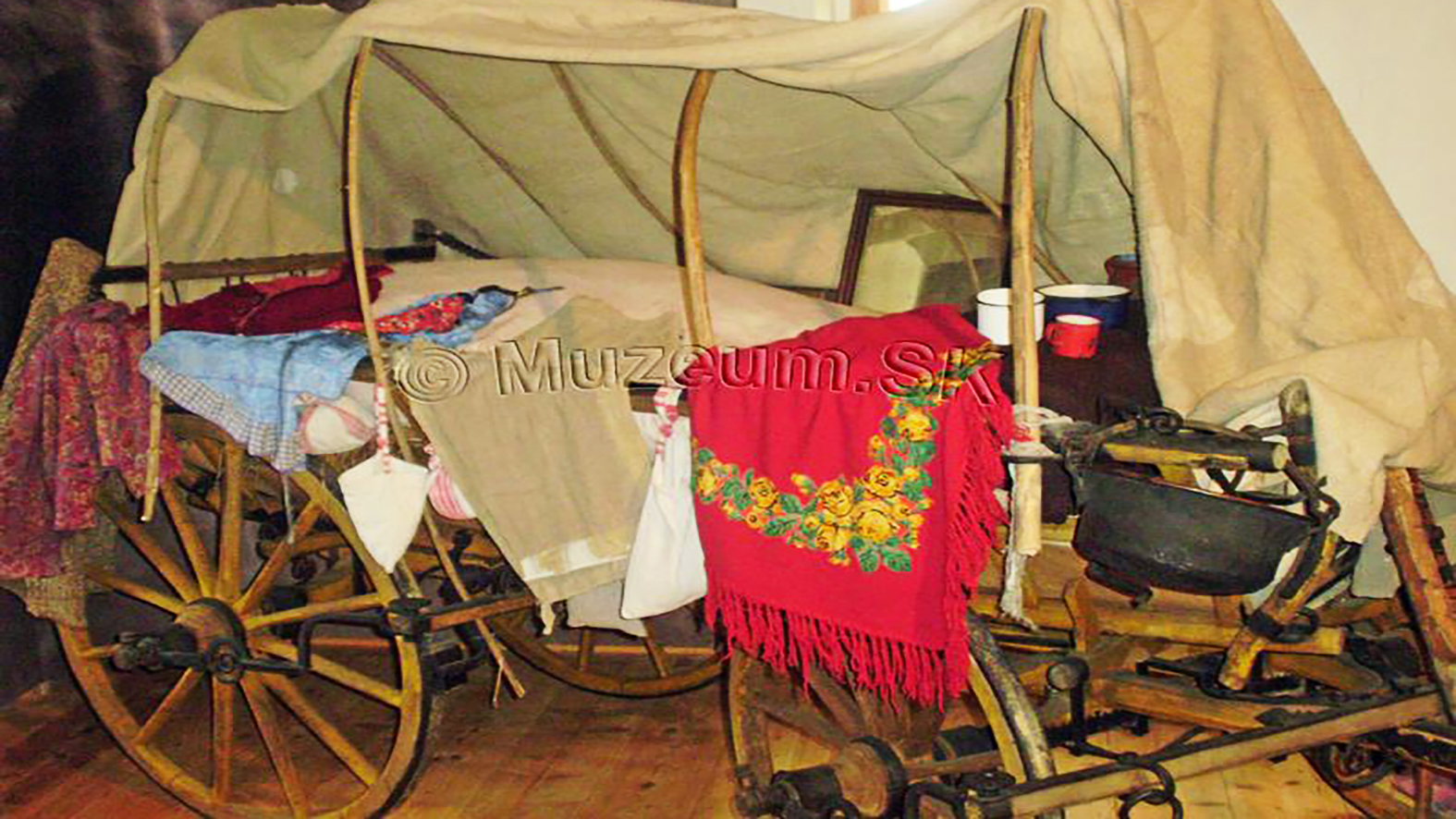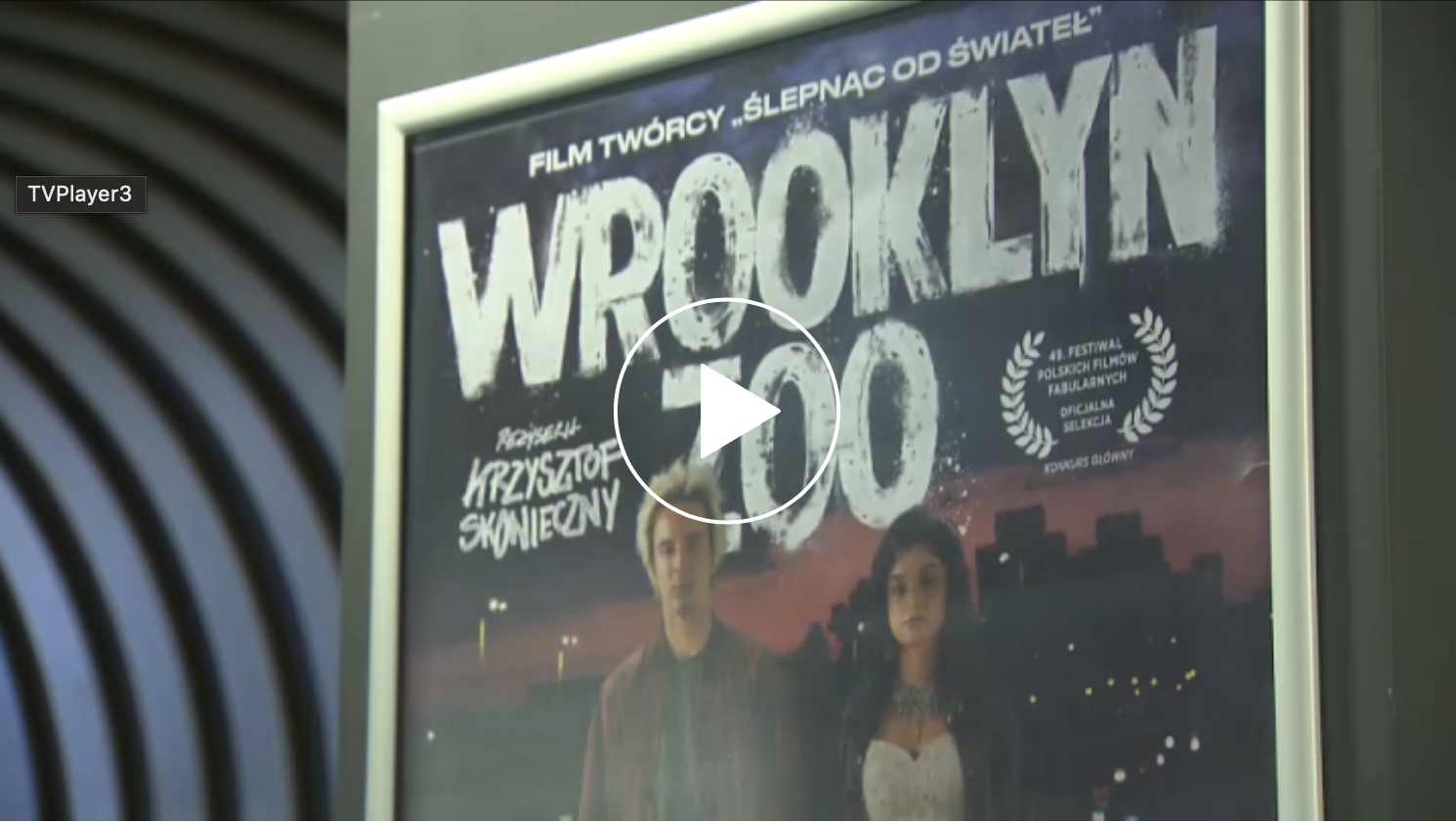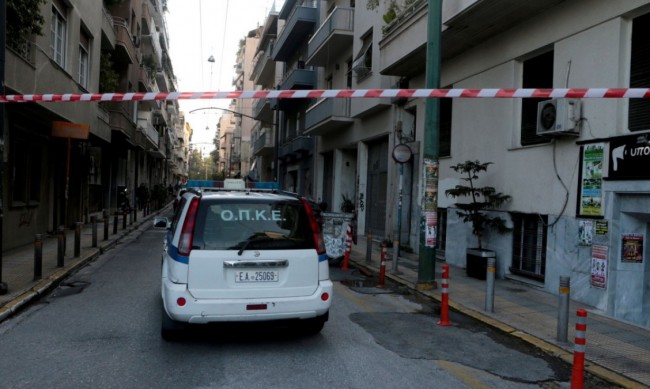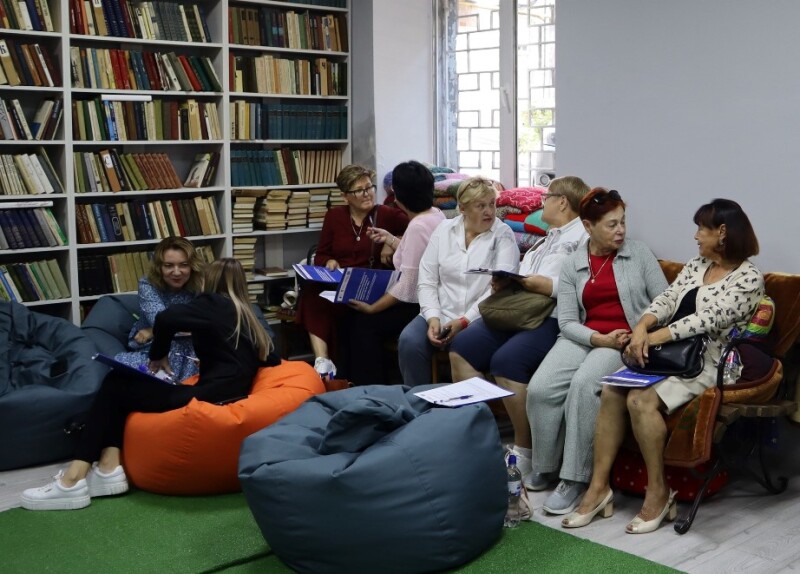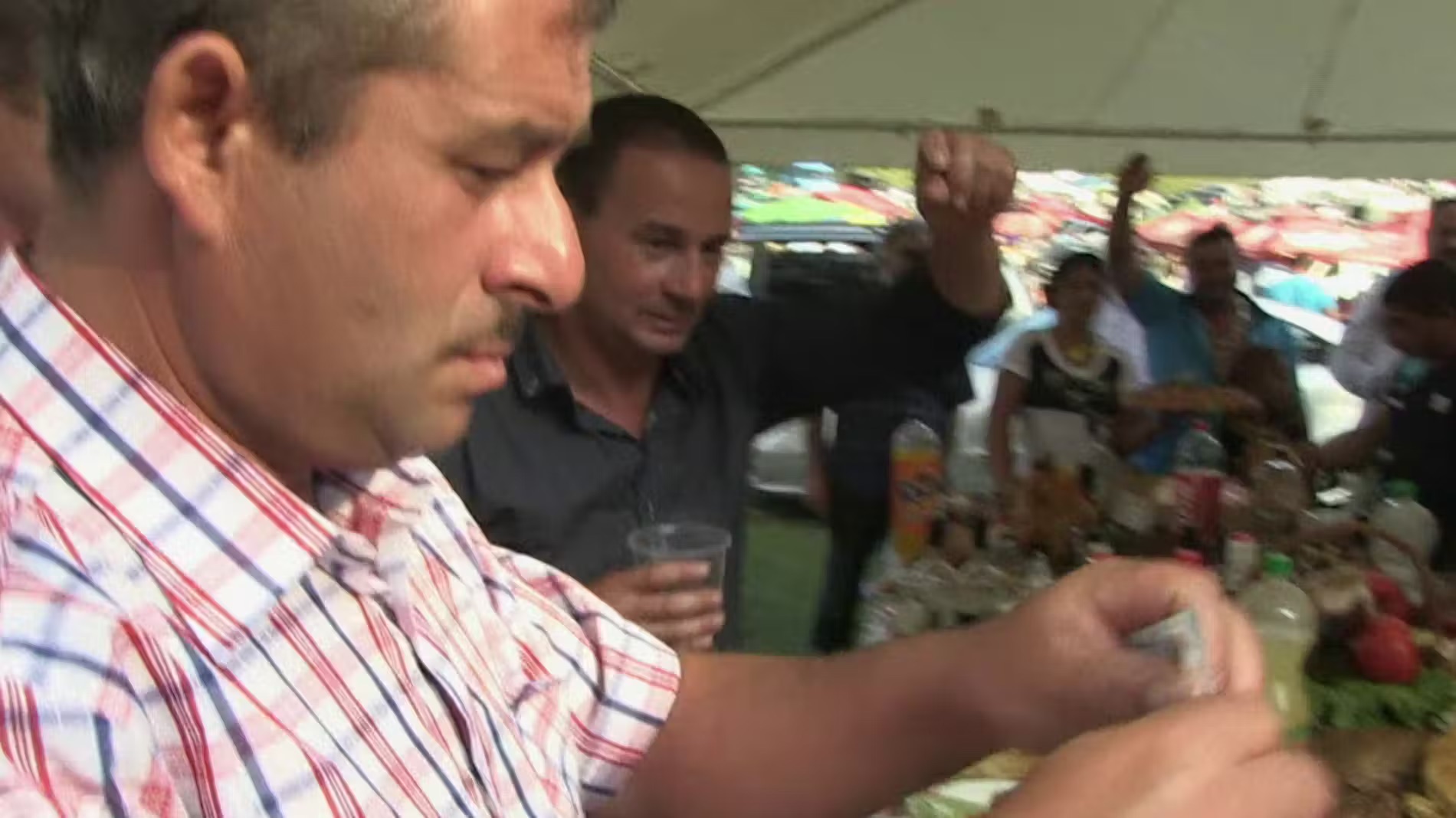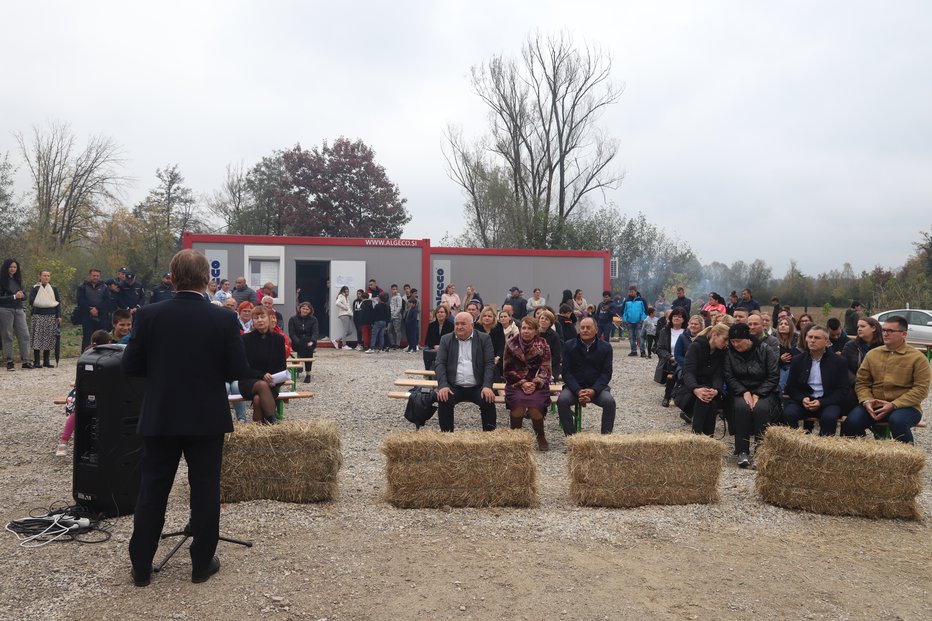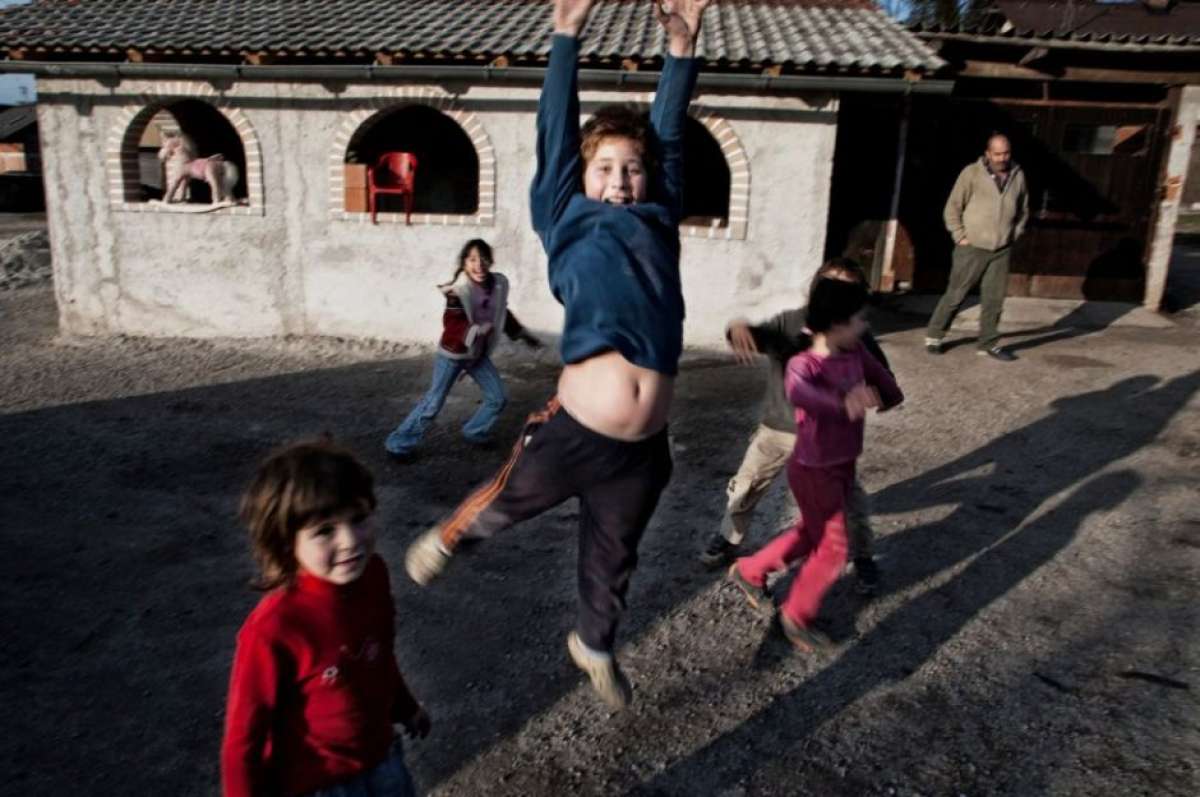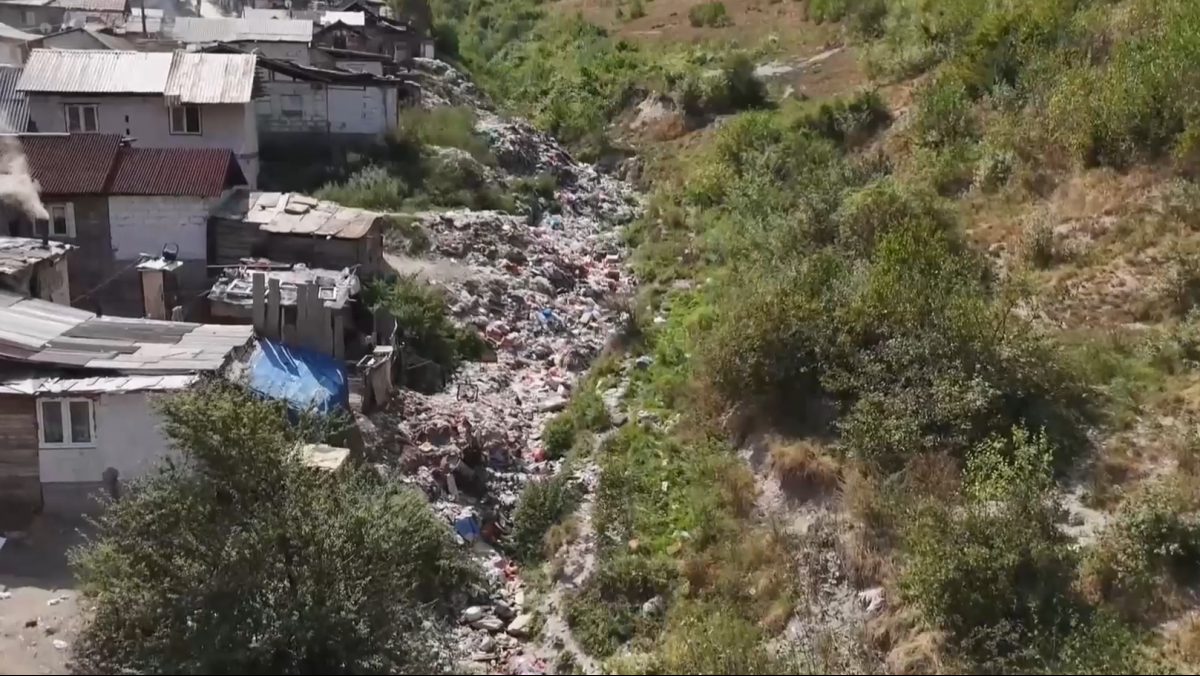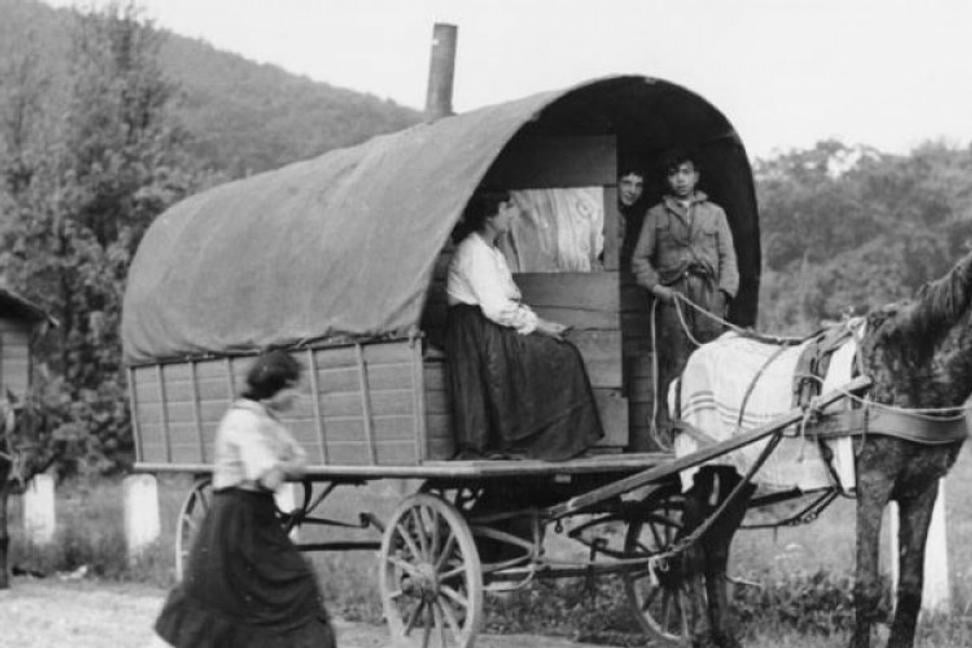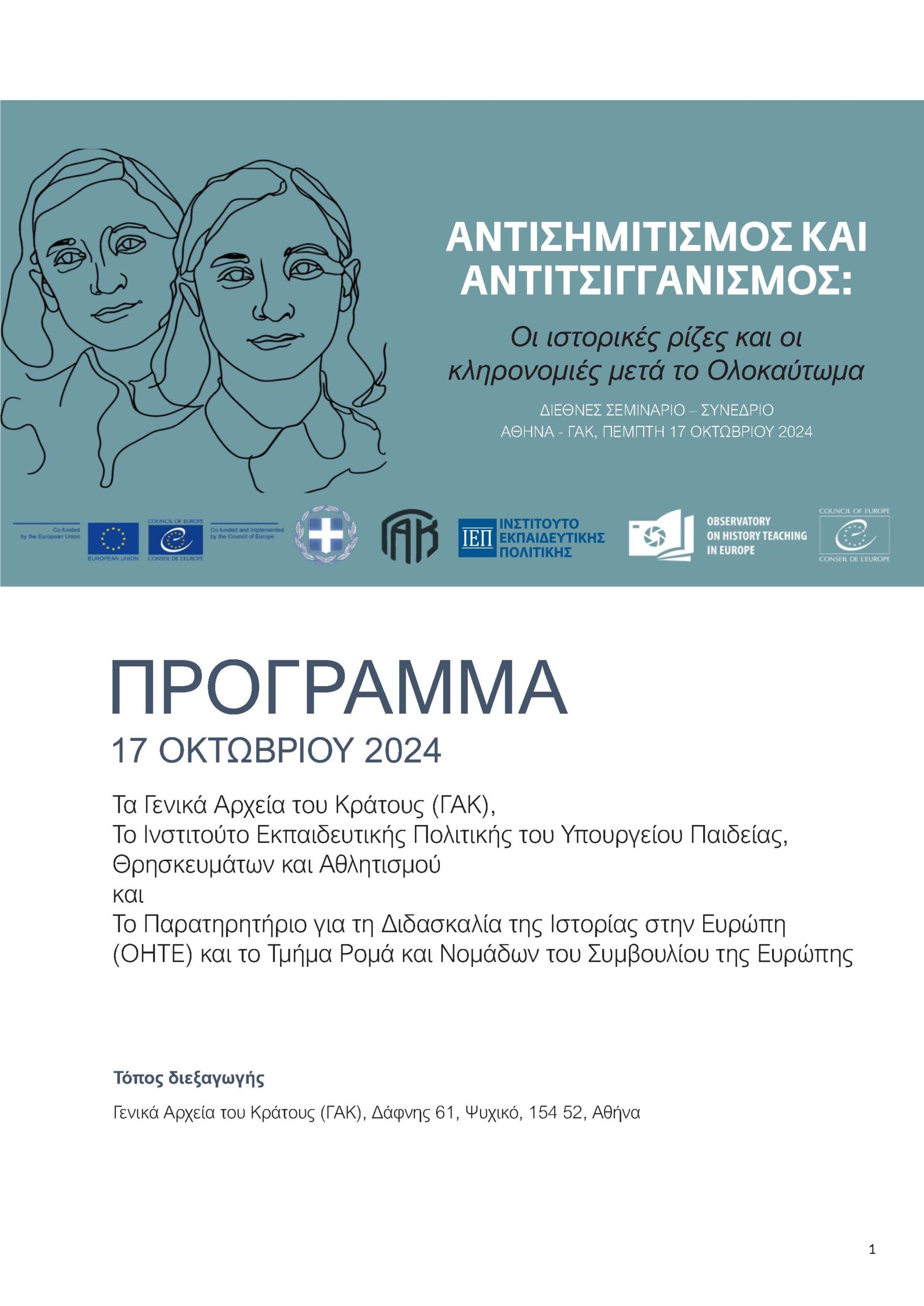The now 40-year-old Bogdan Miklič, a Rom from the village of Stranska vas pri Novem mesto in Slovenia, had a promising career as a journalist at RTV Slovenia, and he is also active in his Roma Civil society. Among others, he was the president of the association Gypsies once – Roma today, and still is the legal representative or president of the Roma Association for Dolenjska.
According to the article, he is nowadays most often seen in court for fraud and theft, and in this particular case, for threatening his farmer neighbour.
Whatever he did, this kind of articles does not further the Romani cause.
- Predsednik dolenjskih Romov nad kmeta: Živega te bom zažgal!. In: Žurnal 24. 23.10.2024. https://www.zurnal24.si/slovenija/crna-kronika/predsednik-dolenjskih-romov-nad-kmeta-zivega-te-bom-zazgal-431261


